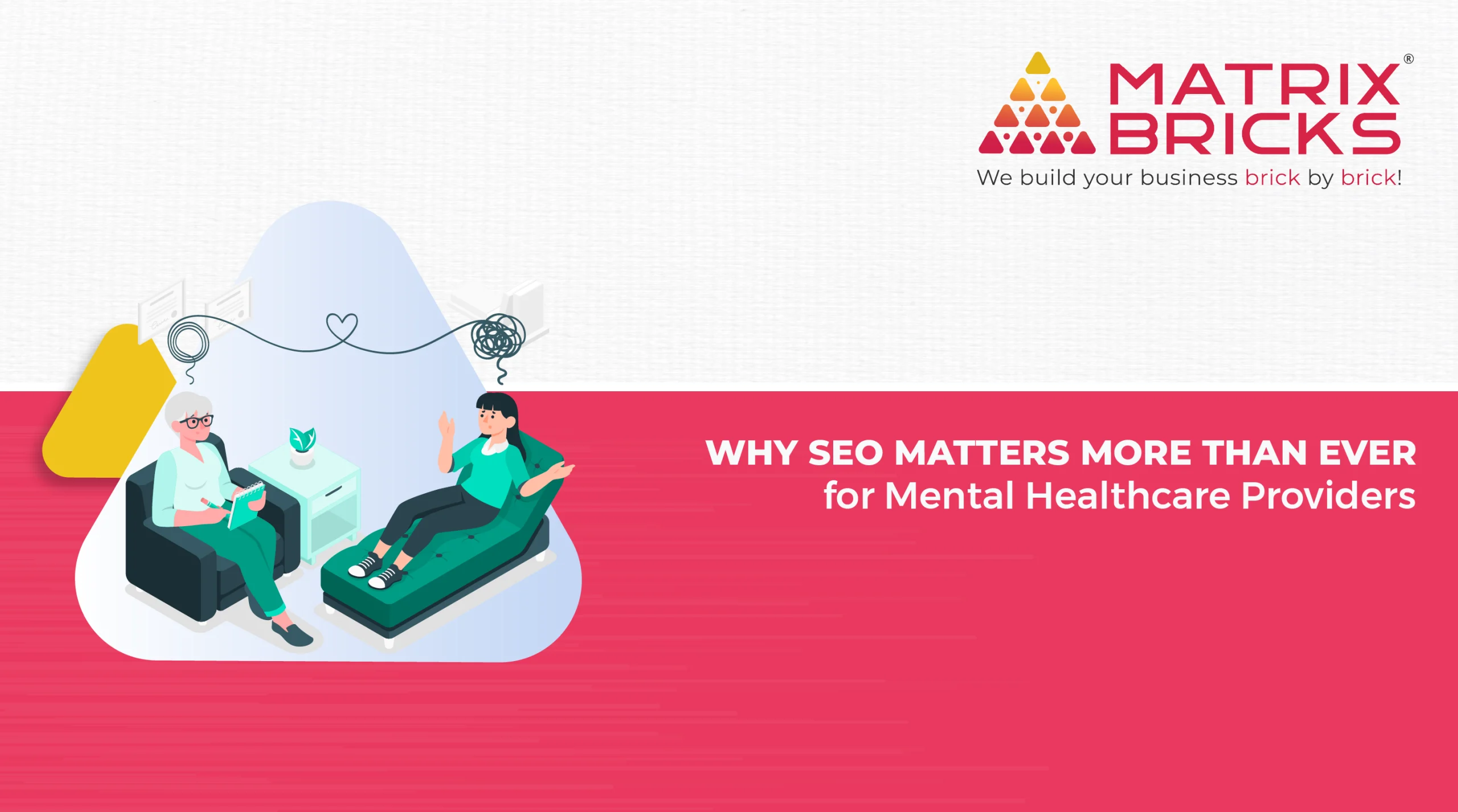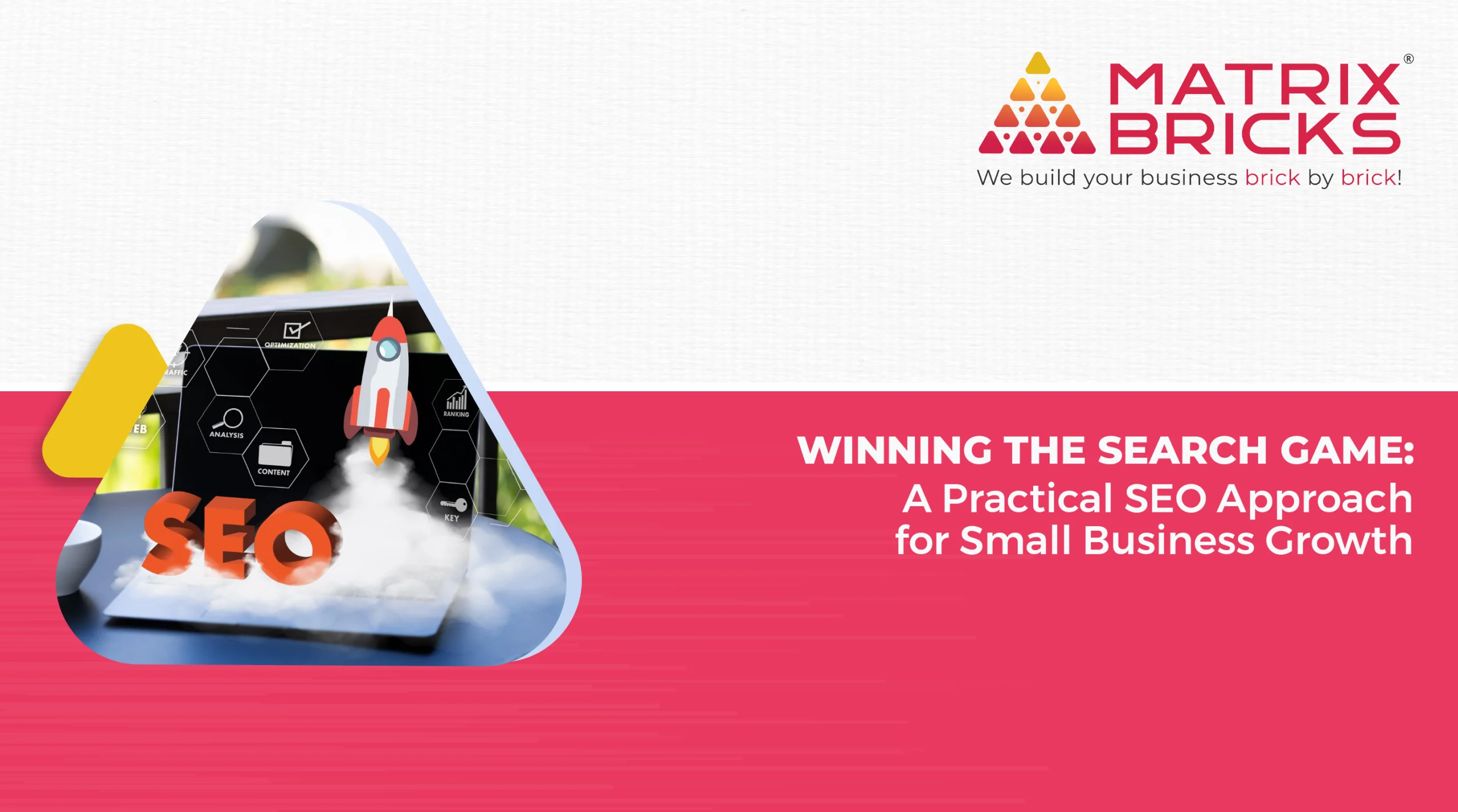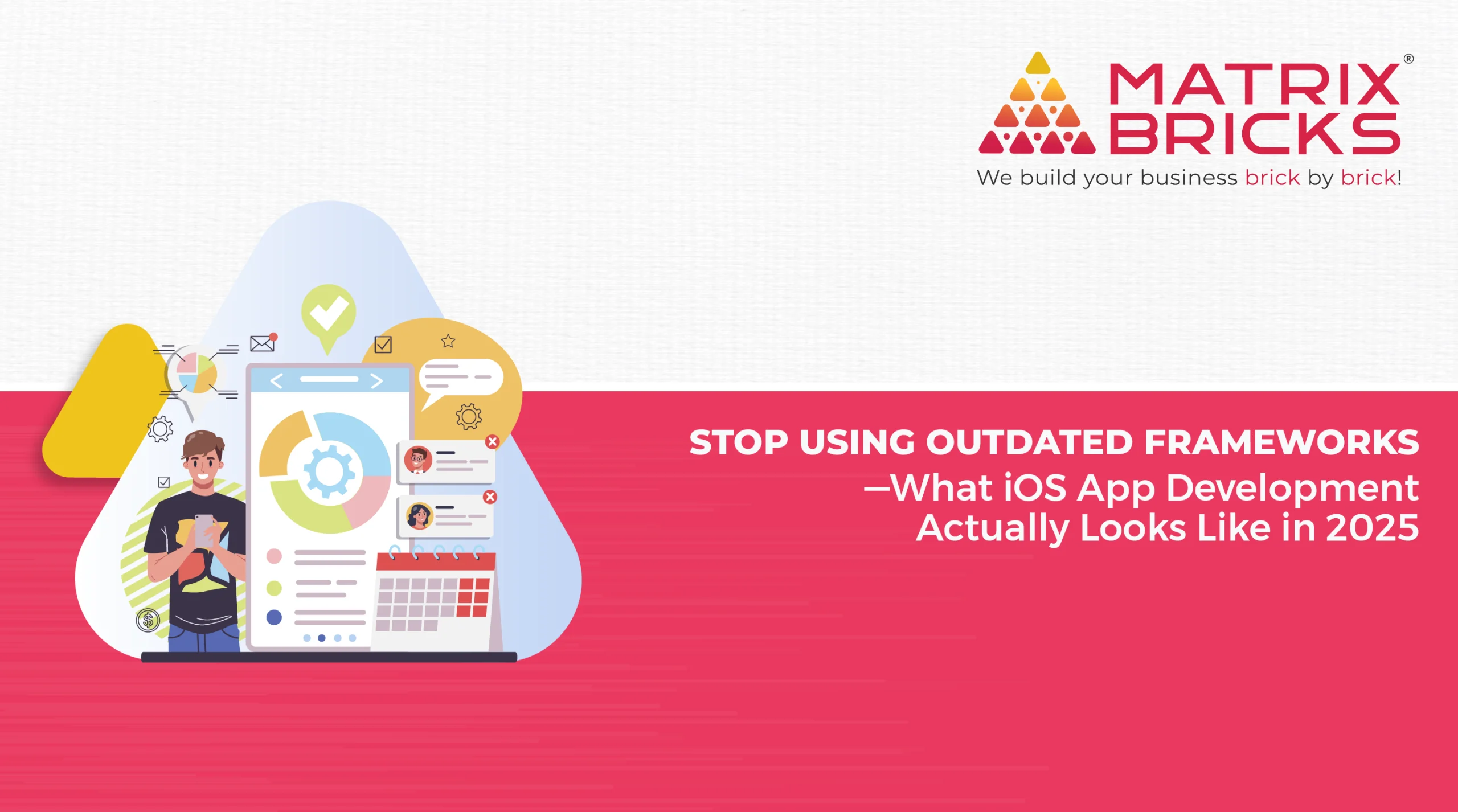
Did you know that more than 77% of patients search online before choosing a healthcare<H provider? For mental healthcare providers, this figure holds even greater significance. Given the stigma that still surrounds mental health in India and worldwide, patients often prefer to conduct discreet online research before seeking professional help.
If your practice isn’t easily discoverable through search engines, you risk missing the opportunity to connect with those who are actively seeking your support.
Simply having a website isn’t enough. Strategic SEO, tailored to mental healthcare, can bridge the gap between patient needs and your services. In this blog, we’ll reveal the #1 SEO strategy for mental healthcare providers and how you can implement it to grow your practice, build trust, and deliver real value to your audience.

Content Marketing: The #1 SEO Strategy for Mental Healthcare Providers
When it comes to SEO, many mental healthcare providers assume that paid ads or technical website tweaks are the answer. While those tactics have their place, they are not sustainable on their own. The most powerful, long-term strategy is content marketing—creating and sharing valuable, relevant, and consistent content to attract and retain a clearly defined audience.
Here’s how you can build a content-driven SEO strategy that resonates:
1. Creating High-Value, Patient-Centred Content
Patients searching for mental health services often have many questions:
- “How can I tell if I have anxiety?”
- “What is the difference between therapy and counselling?”
- “After starting therapy, how long does it take to feel better?”
By developing content that answers these real-world queries, you position yourself as a trusted authority.
Practical ways to create high-value content:
- Educational blog posts: Break down complex conditions such as depression, PTSD, or OCD into simple, relatable language.
- Resource libraries: Offer downloadable checklists, mental health journals, or coping strategies guides.
- Self-help articles: Publish helpful content like “5 breathing techniques for panic attacks” or “Mindfulness exercises you can do in five minutes.”
- Interactive tools: Incorporate self-assessment quizzes that prompt users to engage further with your website.
- Video explainers: Short videos explaining concepts like cognitive behavioural therapy (CBT) or the stages of grief can cater to visual learners.
- Myth-busting articles: Tackle common misconceptions about therapy, medication, or mental health conditions.
- Guest expert collaborations: Feature interviews with other mental health professionals on niche topics to expand your audience reach.
Content like this demonstrates your expertise and builds emotional resonance, both of which are vital in a field as sensitive as mental health.
2. Optimising for Local and Voice Search
Most people seeking mental healthcare prefer providers close to home. Voice search is also very popular, especially with younger people. Therefore, optimising for local SEO and voice search is vital.
Key strategies:
- Claim and optimise your Google My Business profile: Include your clinic’s name, address, contact number, opening hours, and services.
- Use location-based keywords naturally: For example, “licensed psychologist in Bengaluru” or “mental healthcare provider in Pune.”
- Optimise for questions: Make the most of questions by including frequently asked enquiries and natural language expressions that correspond with voice queries, like “Where can I find a therapist near me?”
- Encourage reviews: Authentic, positive reviews boost your local credibility and trustworthiness.
- Localised content marketing: Write blog posts targeting your city, e.g., “Managing Stress During Mumbai’s Monsoon Season” or “Top Mental Health Resources in Delhi.”
- Hyperlocal directories: List your clinic on local directories beyond Google, like Justdial, Practo, and niche wellness platforms.
- Geo-tagging images: To improve local SEO signals, include location metadata in your website’s photos.
Incorporating these tactics ensures you appear in both map searches and voice-commanded results, helping local patients find you more easily.

3. Building Trust Through Authentic Storytelling
Mental healthcare is intensely personal, and so your SEO efforts must go beyond clinical information. Patients connect with stories—real, human experiences that reflect their own journeys.
Ideas for storytelling content:
- Patient success stories: Share anonymised experiences highlighting positive therapeutic outcomes.
- Behind-the-scenes posts: Offer glimpses into your team, clinic environment, or day-to-day operations to humanise your practice.
- Video testimonials: Encourage willing patients (respecting confidentiality) to share their mental health journeys on video.
- Practitioner blogs: Therapists can share reflections on the therapeutic process, normalising the idea of seeking help.
- Narrative case studies: Publish detailed case studies showing treatment progress over time (keeping details anonymised and sensitive).
- Podcast series: Create a podcast where mental health professionals discuss coping strategies, debunk myths, or answer public questions.
- Community stories: Feature stories of mental health initiatives you’re involved with in your community, strengthening local connection.
Stories build emotional trust, encouraging hesitant visitors to take that crucial first step towards therapy.
4. Maintaining Ethical SEO Practices
In healthcare, credibility is everything. Mental health SEO must be handled with the highest ethical standards to avoid misleading claims or insensitivity.
Best practices for ethical SEO include:
- Accurate representation: Never claim to “cure” mental illnesses. Use language like “management,” “treatment,” or “support” instead.
- Reference credible sources: Back clinical information with links to reputable studies or organisations.
- Disclaimers where needed: For example, articles offering general advice should clarify that individual assessments are necessary.
- Respect patient privacy: Anonymise case studies thoroughly and seek consent before using testimonials.
- Transparency about qualifications: Clearly state the credentials of your therapists, psychologists, or psychiatrists.
- Sensitive language use: Avoid stigmatising terms like “crazy” or “lunatic” even informally.
- Regular content audits: Review and update content regularly to reflect new medical guidelines or best practices.
Google’s algorithms are increasingly favouring sites that demonstrate genuine expertise, authority, and trustworthiness—especially for sensitive topics like mental health.
5. Developing a Holistic SEO Ecosystem
Content marketing needs to be integrated within a broader SEO system to yield the best results. Here’s how to create a productive ecosystem:
On-page SEO essentials:
- Write keyword-rich but natural headlines and subheadings.
- Optimise picture alt texts and meta descriptions for search engine optimisation and accessibility.
- Use internal links to point users to pertinent information or services.
- Put structured data into practice: Schema markups help search engines better understand the content of your website.
- Include strong calls-to-action (CTAs) at the end of every blog post: Encourage visitors to book consultations.
- Make navigation intuitive: Use a clean, logical website structure that helps both users and search engines.
- Offer a mobile-first experience: With over 70% of health-related searches happening on mobile devices, responsive design is non-negotiable.
By blending content excellence with technical precision, you create a resilient SEO strategy that supports growth for years to come.
Key Takeaways: How Content Marketing Transforms Your Mental Healthcare SEO
To recap:
- High-quality, patient-first content builds trust and improves SEO.
- Voice and local search optimisation attracts nearby, highly motivated patients.
- Genuine narrative increases emotional engagement and humanises your brand.
- Using ethical SEO techniques helps you maintain your reputation and build trust with both search engines and patients.
- A holistic SEO ecosystem ensures your website performs well technically and delivers a top-class user experience.
- Frequent updates, guest collaborations, and community involvement expand your reach sustainably over time.
- Content marketing isn’t about quick wins; it’s about building enduring relationships with your future patients.
FAQs
1. Why is SEO important for mental healthcare providers?
SEO helps mental healthcare providers become more visible online when patients search for support. A strong SEO strategy ensures that your services appear in front of people who are actively seeking help, making it easier for them to find trusted care.
2. What type of content should mental healthcare providers create for SEO?
Providers should focus on patient-centred content like blog posts answering common mental health questions, downloadable resources, self-help guides, videos explaining therapy methods, and success stories to build trust and authority.
3. How does local SEO benefit mental healthcare practices?
Local SEO ensures your clinic appears in searches made by people in your area, especially those using phrases like “therapist near me.” It helps you attract nearby patients who are ready to seek support, making it easier to fill appointments.
4. Is it ethical to use SEO strategies in mental healthcare marketing?
Yes, provided it is done ethically. Content must be accurate, avoid making unrealistic promises, respect patient privacy, and use sensitive language. Ethical SEO builds trust and increases the credibility of your practice.
5. How long does it take for content marketing SEO to show results for mental healthcare providers?
Typically, it can take between 3 to 6 months to see noticeable improvements, depending on the quality of content, competition level, and consistency. However, the results are long-lasting and provide sustainable growth compared to short-term ads.




